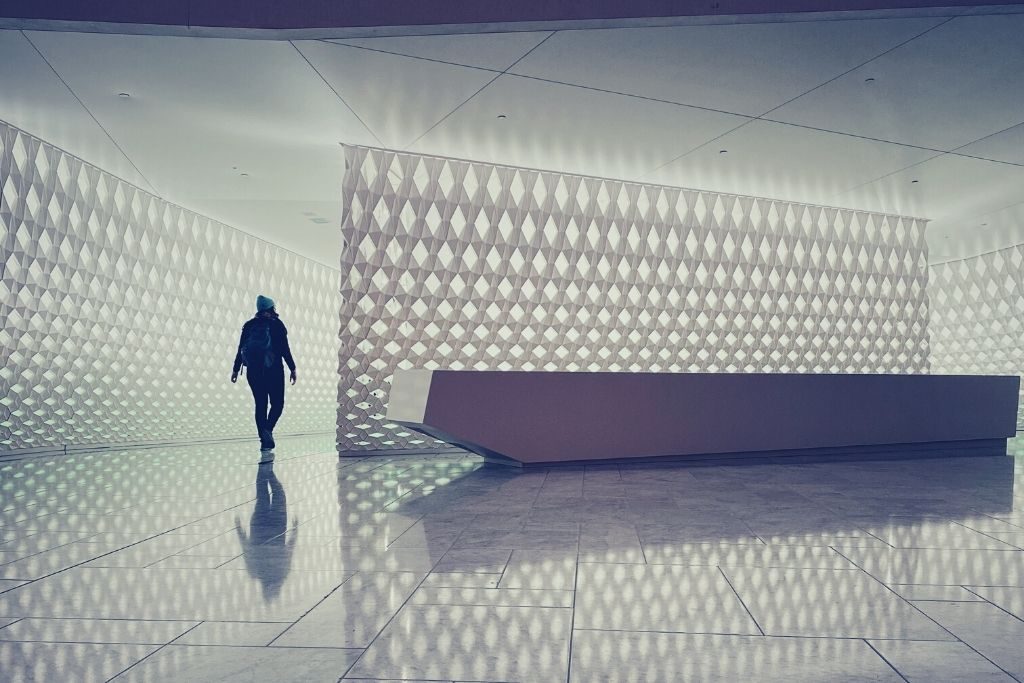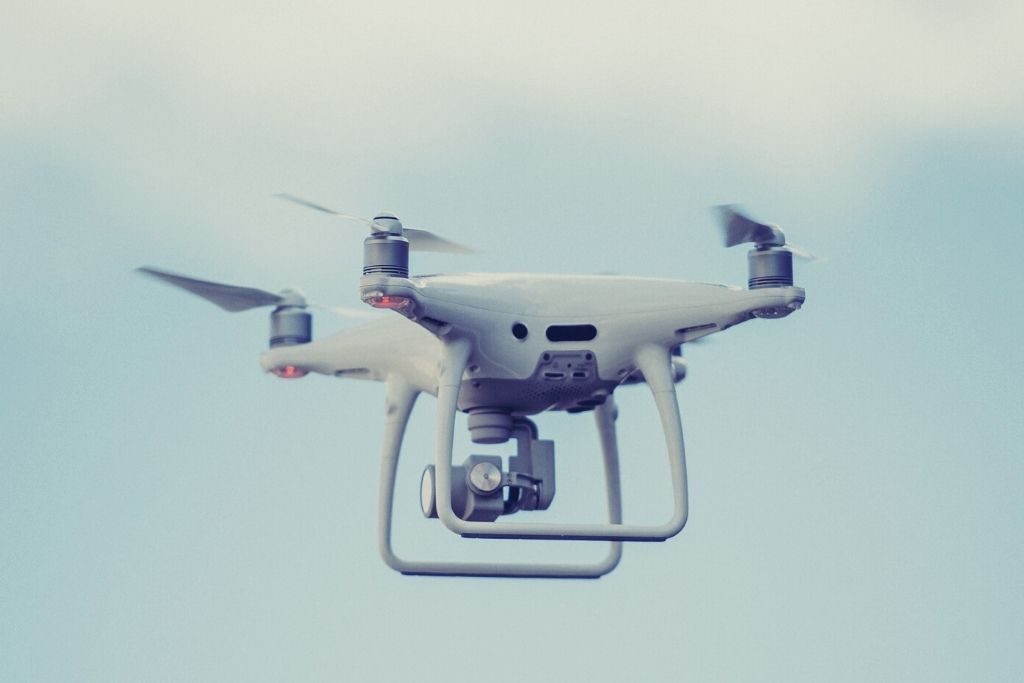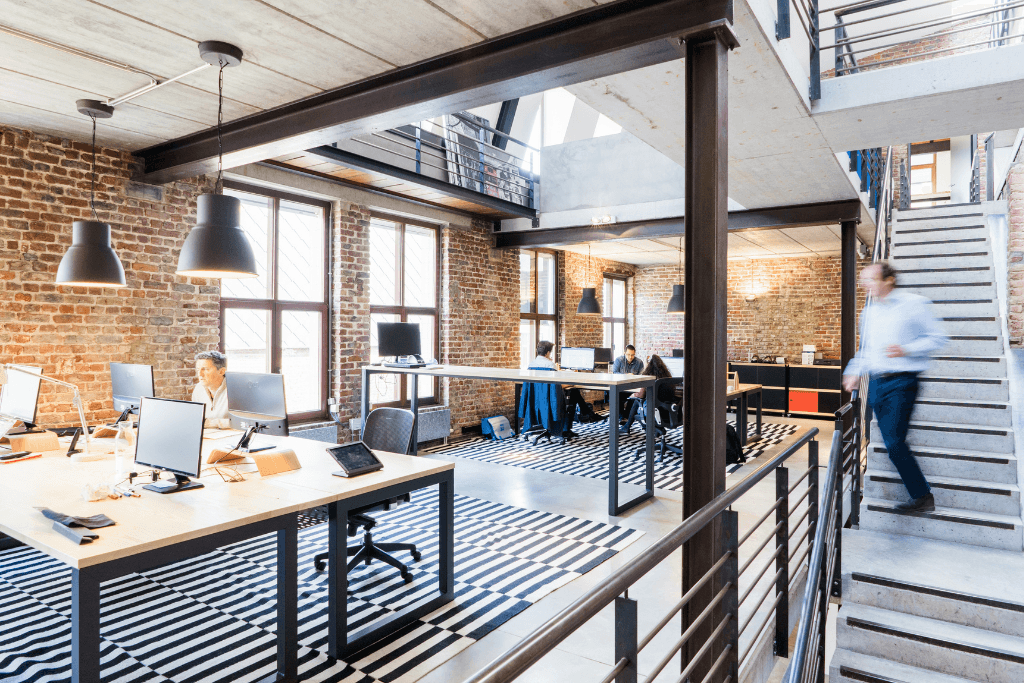From retirement homes to shopping centers, facility management during the COVID-19 outbreak has had central importance in managing this public health crisis. There’s no doubt that it’s an overwhelming and demanding time to execute excellent facility management during the COVID-19 challenge. However, facilities – and thus facility managers – play a crucial role for slowing down and eventually stopping the virus from spreading.
As of July 2020, parts of the world like Europe or New Zealand are slowly getting back to business-as-usual after harsh lockdowns. As millions of people are emerging from lockdowns, they need facilities. However, as the pandemic isn’t over, facility managers have a bigger responsibility than ever to respond to these changes while prioritizing public health.
The needs of each facility are unique and depend on physical space, staffing, population, operations, and other resources and conditions. However, the four following operational considerations can help facility managers to serve their employees and communities better.
Maintain High-Use Common Areas
Whatever their area of operation is, the biggest priority of facility management during the COVID-19 outbreak is adhering to maximum hygiene standards.
By now, many industries, from hospitality to transportation or healthcare, launched “Stay Safe” initiatives that detail some hygiene and cleanliness guidelines. Hence, facility managers must follow the advice from their respective trade and industry authorities.
In addition to disinfecting all surfaces and providing adequate air ventilation, facility managers might consider creating “touch-free” zones.
However, even with a minimized touch, each facility must have adequate hand-sanitization stations and must enforce facial masks wherever necessary.
Designing a People Flow

Facility managers can achieve minimized touch, or even “touch-free” zones by carefully planning and designing people’s interaction with the facility. In order to do so, they must take the functions of their facilities, as well as the services offered, into consideration.
For instance, once patrons or members of the public arrive at the facility, their entrance could be facilitated via technologies such as hands-free doors. They could move within the buildings using smart lifts activated by face recognition.
Facility managers must understand the physical limits of each building and identify a maximum capacity for each room. This way, they can design a people flow strictly adhering to the rules of social distancing.
To achieve this, they can utilize physical separators, as well as digital access solutions that count people and limit intake.
Optimizing Staff Management
The employees are the essential resource of facility management during the COVID-19 outbreak. If the nature of the facility allows it, managers must decrease the concentration of the personnel and increase the space between them, encouraging social distancing
Facility managers must prepare and plan for employee absenteeism. Even though millions of people in countries that eased the COVID-19 burden are going back to work, many parts of the world are also facing a “second wave”. Hence, a thorough emergency plan that includes relevant all the contacts and information must be accessible to all staff.
Long-term Commitment to Health and Hygiene

Like many other previous public health challenges, it’s a matter of time for the COVID-19 outbreak to go under control. However, once COVID-19 is no longer a significant concern, there’ll always be other potential health risks and dangers.
Thus, each facility must have a long-term vision by committing to excellence in health and hygiene — and use any potential downtime for investing into these resources. Regular upgrades and inspections, optimizing the human resources available to the facilities, as well as tapping into the latest technologies, will keep this commitment dynamic.
Medical research and new regulations concerning the COVID-19 pandemic keep developing rapidly. Hence, managers must stay informed and stay up-to-date with their local and national facility management requirements and guidelines.







